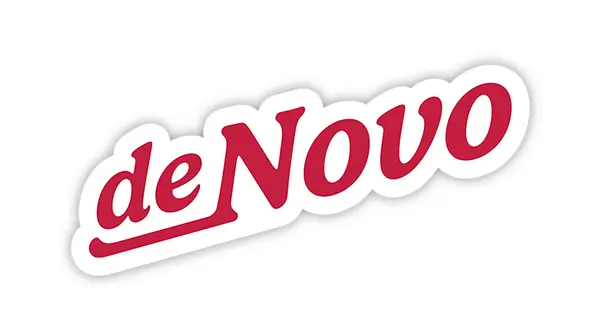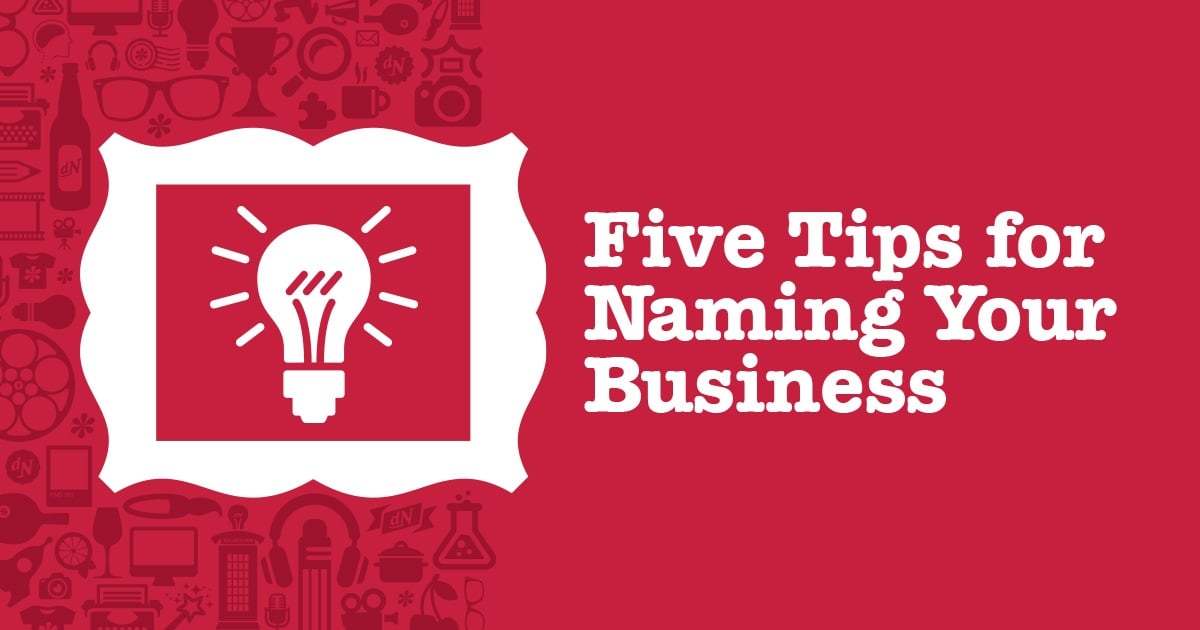Congratulations on identifying a need in the market that only you can fill. Giving that entity a name can be one of the most important business decisions you’ll make. Can you change it later? Sure, but only if there’s a damn good reason and you’re not losing valuable brand equity.
Some things to keep in mind as you narrow down your choices:
- Don’t be vain. When I started my company in 2007, I considered incorporating “Smith” because it was my last name and I thought it would be clever. Thankfully, I resisted the temptation because a year later I added a business partner whose name wasn’t Smith and a year after that my own last name changed. Consider your legacy. Unless you intend on keeping the business in the family forever, select a name that is less limiting than John Smith and Sons.
- Ease of Use. Is it easy to remember? Avoid unusual spellings that make it hard for people to find you online. Test your name on a few friends and family members and potential customers before adding it to your list of possibilities. What do they think of when they hear the name? Can they spell it without your help?
- Think Global. You may be a local boutique, selling to walk-in traffic in a small town. But we’re a global society now and a cease and desist order can really put a damper on your day. Check your lists of preferred names with your State Incorporation site, the U.S. Patent Office and any domain register (such as GoDaddy.com) to be sure the name is available for use.
- Think Global (Part Deux). Remember the legend of the Nova? While the story may not be true, the theory behind it is a reminder to spare yourself the embarrassment of your name meaning something negative or obscene in another language. A quick Google check should solve this and help ensure you’re not trying to use someone else’s name (see #3).
- Be memorable. Unique, friendly, descriptive, funky, cool…how’s that for pressure? Is it a name that has meaning to you or to what you do? Does it somewhat give a clue as to what your company does? Is there a clever story that is behind the name and speaks to the product or service? Is there room for growth?
Bonus Tip: Sometimes working on your Brand Positioning Statement—defining the type of company you are (or want to be) and the type of customer you want to work with—can help you determine your name.


